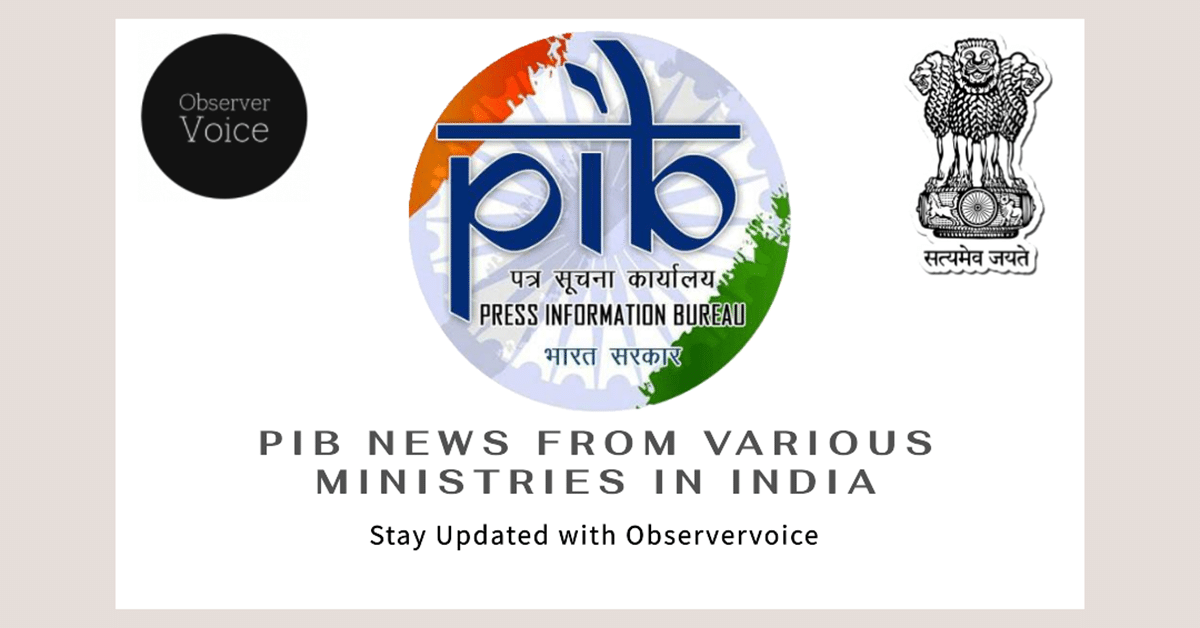Addressing Climate Change: India’s Weather Preparedness

Climate change is a pressing global issue. It leads to rising temperatures and increasingly severe weather events. India, like many other countries, is feeling the effects. The India Meteorological Department (IMD) plays a crucial role in helping the nation prepare for these extreme weather conditions. Through various initiatives, the IMD aims to inform the public and assist disaster management authorities in mitigating risks associated with climate change.
Understanding the Impact of Climate Change
Climate change is causing annual temperatures to rise worldwide. This increase in temperature is linked to a higher frequency and intensity of extreme weather events. In India, these events include severe storms, heatwaves, and heavy rainfall. Such weather patterns can lead to significant economic and human losses. The IMD recognizes the urgency of this situation and has taken steps to address it.
The IMD issues forecasts and warnings to help the public and disaster management authorities prepare for extreme weather. These forecasts are not just about predicting the weather; they focus on the potential impacts of severe weather events. This approach allows individuals and communities to understand what to expect and how to respond effectively. By providing clear guidelines on what to do and what to avoid during extreme weather, the IMD aims to reduce the risks associated with these events.
Innovative Tools for Weather Forecasting
To enhance its forecasting capabilities, the IMD has developed several innovative tools. One of the most significant is the “Climate Hazard & Vulnerability Atlas of India.” This web-based platform identifies the thirteen most hazardous meteorological events. It provides valuable information to state governments and disaster management agencies. The atlas helps these authorities plan and take appropriate action to address extreme weather events.
In addition to the atlas, the IMD has launched various mobile applications to improve public access to weather information. The ‘UMANG’ app offers services such as current weather updates, city forecasts, and cyclone warnings. Other apps like ‘MAUSAM’ provide detailed weather forecasts, while ‘Meghdoot’ focuses on agricultural advisories. The ‘Damini’ app alerts users about lightning strikes. These tools empower citizens to stay informed and prepared for changing weather conditions.
Collaborative Efforts for Preparedness
The IMD collaborates with the National Disaster Management Authority (NDMA) and state governments to finalize guidelines for weather preparedness. This collaboration has led to successful implementations for various extreme weather events, including cyclones, heat waves, and thunderstorms. By working together, these agencies ensure that communities are better equipped to handle the challenges posed by climate change.
The IMD also assesses the vulnerability of different districts and populations to various climate hazards. For instance, the vulnerability atlas for heatwaves reveals that 13% of districts and 15% of the population are moderately to highly vulnerable. States like Rajasthan and Andhra Pradesh are particularly at risk. Understanding these vulnerabilities allows authorities to prioritize resources and support for the most affected areas.
Observer Voice is the one stop site for National, International news, Sports, Editor’s Choice, Art/culture contents, Quotes and much more. We also cover historical contents. Historical contents includes World History, Indian History, and what happened today. The website also covers Entertainment across the India and World.

